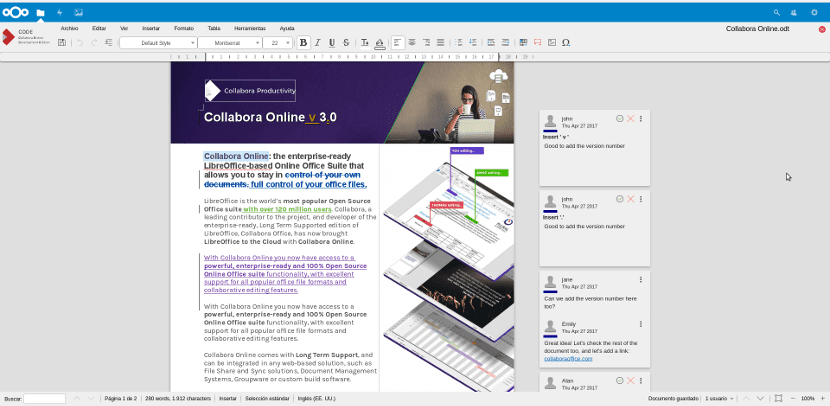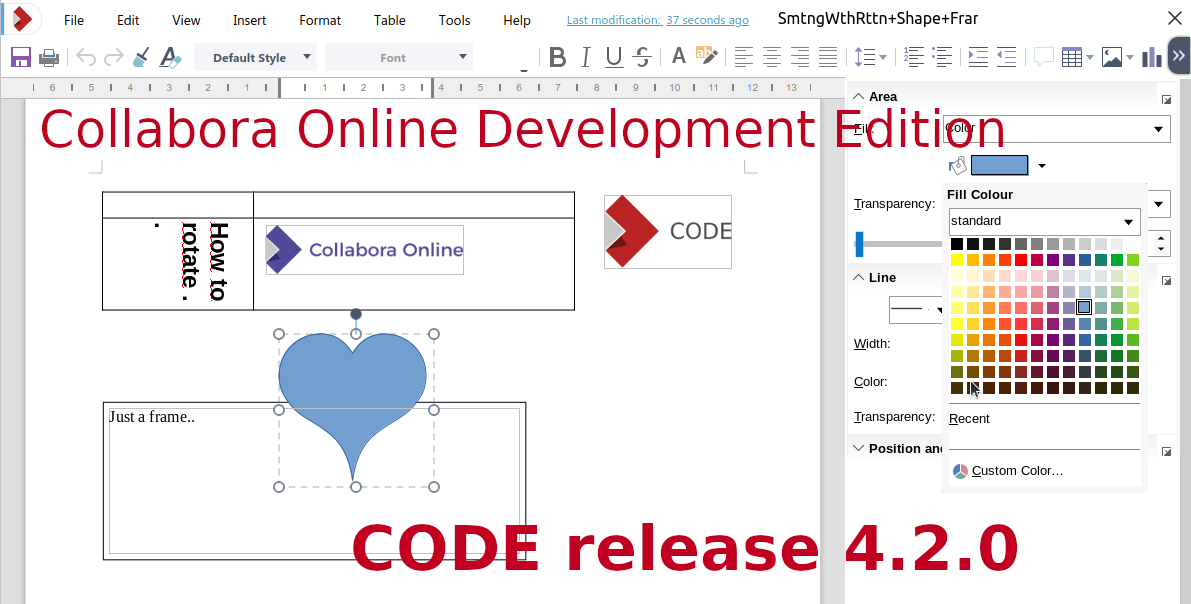

It is totally fine if someone wants to start his/her own projectsīased on LibreOffice and host them under his/her rules. He, too, calledįor agreements to be made with companies working on TDF projects: Well within TDF's public-benefit mission. Schools and nonprofits dealing with COVID-related disruptions, which is Proposal to publish binary LOOL builds, he said, was meant to help With a somewhat different view of the events surrounding LOOL. Listen to contributors (and Collabora in particular), especially when itĬame to distributing a binary version of LOOL under the LibreOffice brand. The fork of LOOL, Holesovsky continued, was the result of a failure to There is no reason for anybody to leave the community, move the Them treat them as partners, not as enemies. Strategy is to listen to what the ecosystem companies or otherĬontributors are telling you work with them, instead of against That a different approach was called for:įrom my point of view, rather than legal contracts, a much better Just-elected TDF board member (and Collabora employee) Jan Holesovsky answered They cannot stay with one foot inside the ecosystem,Ĭontributing to it, and with the other one bringing their Wake up one day and bring their development outside the LibreOffice To be clear (and hopefully stated by legal contracts) to theĬompanies working in the LibreOffice ecosystem that they cannot I have already said this many times but I want to repeat it: it has That what was really needed was a new set of agreements with TDF's member Not everybody feels that LOOL should be moved into any sort of attic. The LOOL story and discussion of what should be done with that code now. The response to the proposal was swift, but few participants wanted to talkĪbout the attic itself instead, there was a fair amount of rehashing of "un-atticization" should enough developers demonstrate interest (in theįorm of patches) in carrying the project forward. Looking for a solution to this problem the answer was the attic proposal.Ĭode that TDF cannot support would be "atticized" - moved to a read-onlyĪvailable for anybody who wanted to do something with it, but not a targetįor ongoing development. Not wanting to emulate Apache OpenOffice, TDF started TDF with a body of abandoned code with no maintenance or credible prospects forįuture development. Since then, development on LOOL has come to a halt without Collabora'sĬontributions, there wasn't much to sustain an ongoing project. Despite efforts on all sides to find a solution, Collabora stopped working on LOOL later that year,Ĭhoosing instead to continue to develop that code outside the TDF under its Revenue to support LibreOffice developers when everything was available forįree among other things, Collabora wanted a clearer path toward making The development work for LOOL, began to sour.

The relationship between TDF and Collabora, the company doing the bulk of Into a state of the art cloud application". Or so that work picked up in 2015 when TDF announced that LOOL would be " developed LOOL, which allowsĬollaborative editing of documents, has been under development for a decade The development of LibreOffice and related software. The Document Foundation is, of course, the entity charged with furthering No specific projects were named as the first intendedĭiscussion made it clear that the unhappiness around LOOL has yet to fadeĪway, and that the Foundation still has some work to do when it comes toĭefining its relationship with its corporate members. Seemingly simple proposal for an "attic" that would become the home ofĪbandoned projects. In mid-December, Thorsten Behrens, a board member for the Document Foundation (TDF),


 0 kommentar(er)
0 kommentar(er)
